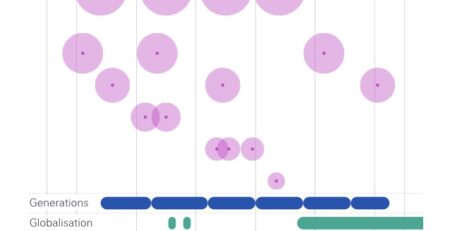Well-Appreciated but (Too) Difficult Pensions Choices? Insights from the Swedish Premium Pension System
By Monika Böhnke (Maastricht University – Department of Marketing), Elisabeth Brüggen (Maastricht University) & Thomas Post (Maastricht University – School of Business and Economics – Department of Finance; Netspar)
We analyze experiences of savers in a DC pension scheme from Sweden – a country that was among the first to launch choice-based funded individual pension accounts. Based on a survey among 2,646 savers, we find that the average saver feels unknowledgeable about the scheme and experiences choice overload. Pension savers with a high degree of choice overload are likely to be influenced in their investment decisions by peers and advisors. Low knowledgeable and risk-averse savers tend to invest in the default fund – a fund that is, however, one of the most risky funds. On top of this mismatch between savers’ risk-aversion and investment choices we also find that risk-averse savers and savers with low subjective knowledge are more likely to feel pessimistic about their future financial well-being. Those who appreciate choice in pensions are more optimistic. However, the actual act of choosing has barely an effect on the perception of financial well-being. Interestingly, most pension savers do not tend to remember the funds they chose, but rather the fund provider, which they paradoxically consider as the least important decision criterion to make a fund choice. Based on our results we derive suggestions for reforming choice-based pension schemes.
Source: SSRN










